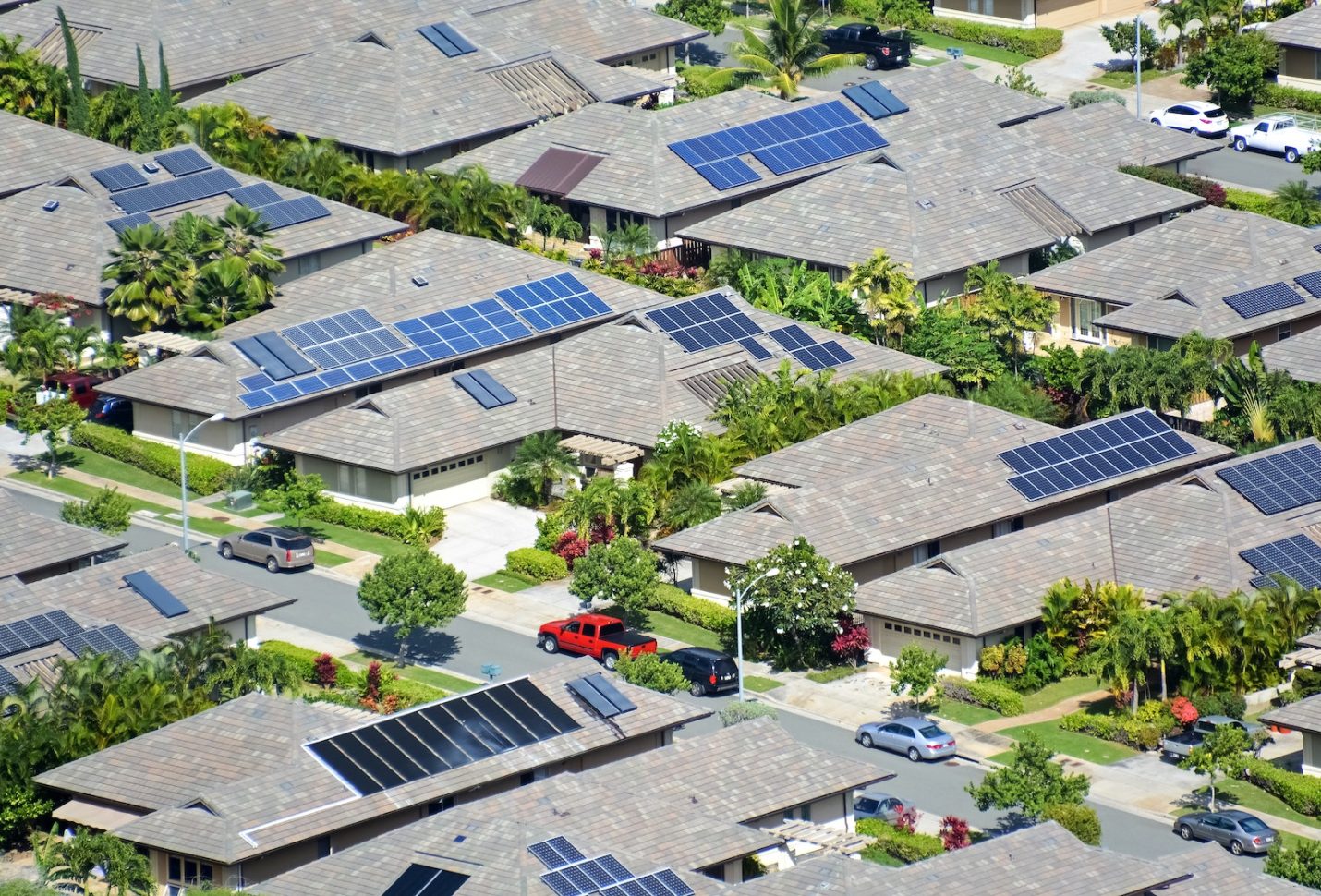
Palm Hills allocates EGP 30 m for backing Egyptian athletes
Palm Hills, Egypt’s leading real estate developer, allocated EGP 30 million for supporting Egyptian athletes under ...

Representatives of 70 countries have adopted the Declaration de Chaillot, a foundational document for international cooperation that will enable progress towards a rapid, fair, and effective transition of the building sector to be climate resilient.
The document was issued during the first ever Buildings and Climate Global Forum, organised by the French Government and the United Nations Environment Program (UNEP).
According to the latest Global Status Report for Buildings and Construction, released this week by UNEP and the Global Alliance for Buildings and Construction (GlobalABC), the building and construction sector represents over a fifth of global greenhouse gas emissions. The report indicates that in 2022, the sector accounted for 37 per cent of global operational energy and process-related CO2 emissions.
In the Declaration de Chaillot, the signing ministers recall that with the acceleration of climate change, buildings will increasingly be exposed to climate-related risks, particularly affecting developing countries and cities.
Moreover, by 2050, 68% of the world’s population will live in urban areas, and global demand for raw materials is expected to double by 2060.
The signatory ministers of the Declaration de Chaillot emphasize the still inadequate volume of renovations and constructions of sustainable buildings, widening the gap between the sector’s trajectory and the goal of the Paris Agreement to keep global warming below 1.5°C by 2100. They also denounce the continued investment in systems and buildings with excessive carbon intensity and the overexploitation of natural resources for construction material production, which contributes to biodiversity and environmental degradation.
In the face of the climate emergency, a swift transition of the buildings sector is a direct requirement to achieve the goals set by the Paris Agreement. However, it is essential to construct this transition with all stakeholders, with a shared vision of cooperation and coordination, considering the specificities of each state.
The ministers voiced commitment to implementing roadmaps, regulatory frameworks, and mandatory building and energy codes to move towards carbon-neutral buildings.
They were also committed to implementing an appropriate financial framework with financial and fiscal incentives, and regulatory tools to increase the share of resilient, near-zero emission, and affordable buildings.
The ministers also pledged to promote the adoption of labels, standards, and certifications as well as adopting ambitious policies regarding public procurement.
They also pledged to promote the production, development, and use of low-carbon, durable, and cost-effective construction materials as well as collaborative value chains, as well as research and development of innovative solutions.
The ministers also promised to improve skills by strengthening local know-how, considering mitigation and adaptation strategies; developing multi-level governance, coordination among different stakeholders, and a more participatory approach to ensure coordination of implementation; and developing tools and regulatory frameworks to collect and share data and best practices.
To ensure the implementation of these commitments, the ministers pledge to utilize all international forums such as the G7, G20, G77, and climate COPs to further incorporate the specific issues of construction and buildings. They announce the establishment of an “Intergovernmental Council for Buildings and Climate” coordinated by the GlobalABC to facilitate and monitor the implementation of the goals and means of the Declaration.
The Declaration de Chaillot represents a decisive step in the operational implementation of the Paris Agreement. For the first time, government representatives have agreed on a common declaration to engage an entire value chain of the sector in the transition.
The participation of over 1800 stakeholders from this value chain at the first-ever Buildings and Climate Global Forum in Paris on 7 and 8 March is the first tangible translation of this unprecedented mobilization.
“For the very first time, 70 governments from all continents commit to a concrete, operational roadmap with a monitoring mechanism to address the challenges of decarbonisation, resilience, and transition in the buildings and climate sector,” said Mr. Christophe Béchu, France’s Minister of Ecological Transition and Territorial Cohesion. “Along with all stakeholders in the value chain, they pledge to strengthen frameworks, mobilize financing, and share solutions from around the world to implement the Paris Agreement, for a sector that accounts for 21% of greenhouse gas emissions and 55% of global wealth. This is a significant moment for diplomacy and climate action.”
“The Declaration de Chaillot will boost cooperation and strengthen the implementation of local, national, and international climate action in the buildings and construction sector to support the goals of the Paris Agreement. The next round of National Determined Contributions (NDCs), to be submitted by early 2025, will offer a great opportunity to move from ambition to action and accelerate the transformation we need,” said Ligia Noronha, UN Assistant Secretary-General and Head of UNEP, New York Office.
Palm Hills, Egypt’s leading real estate developer, allocated EGP 30 million for supporting Egyptian athletes under ...
Extreme weather events were the primary drivers in 18 countries where over 77 million people faced ...
Over 100 SDG-aligned projects with a total investment scope of $ 50 billion have been presented during the ...


اترك تعليقا